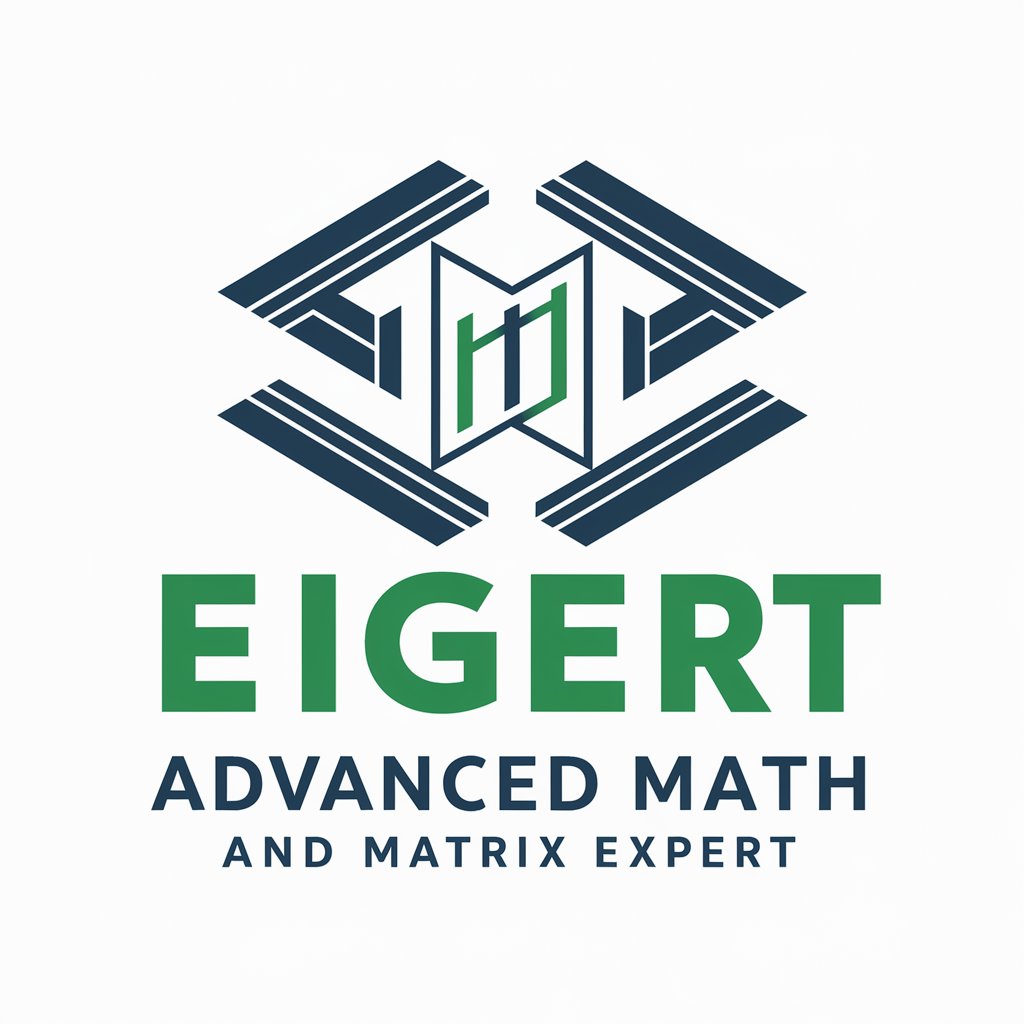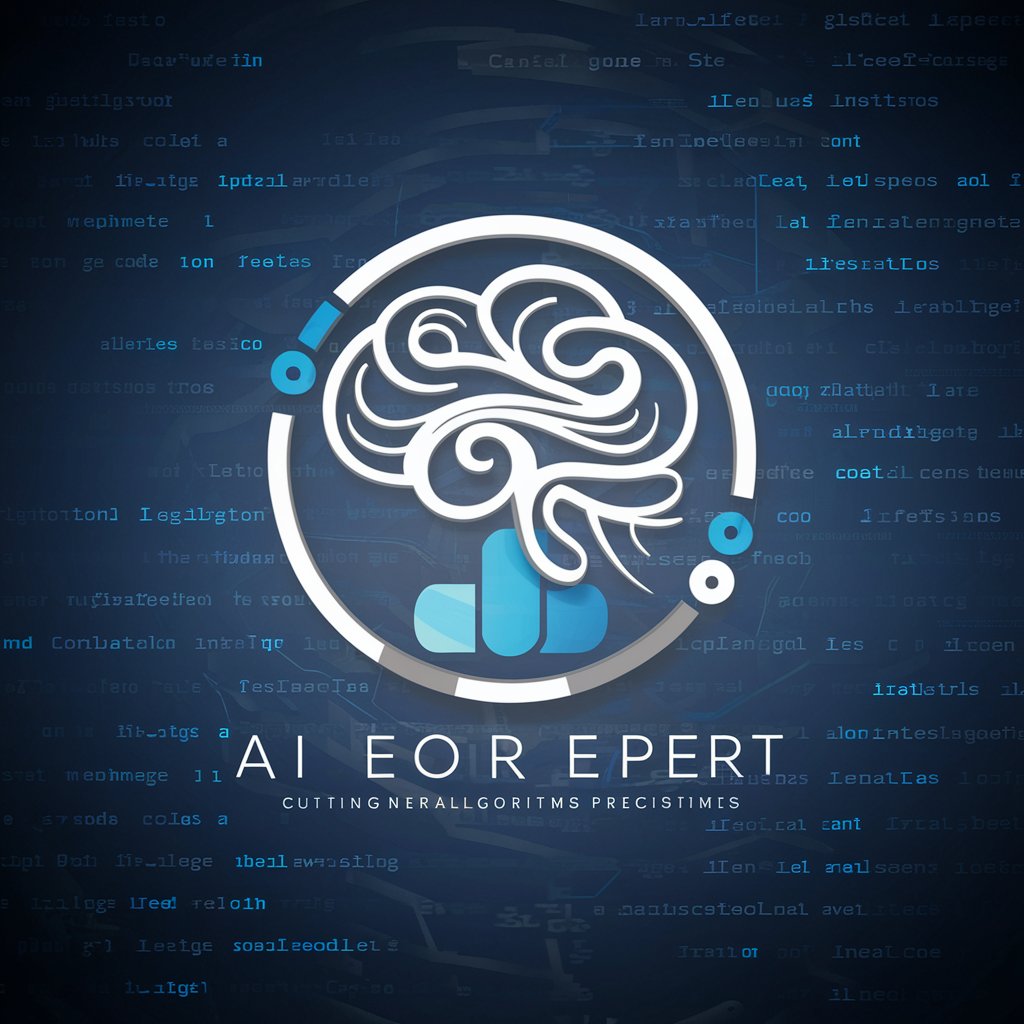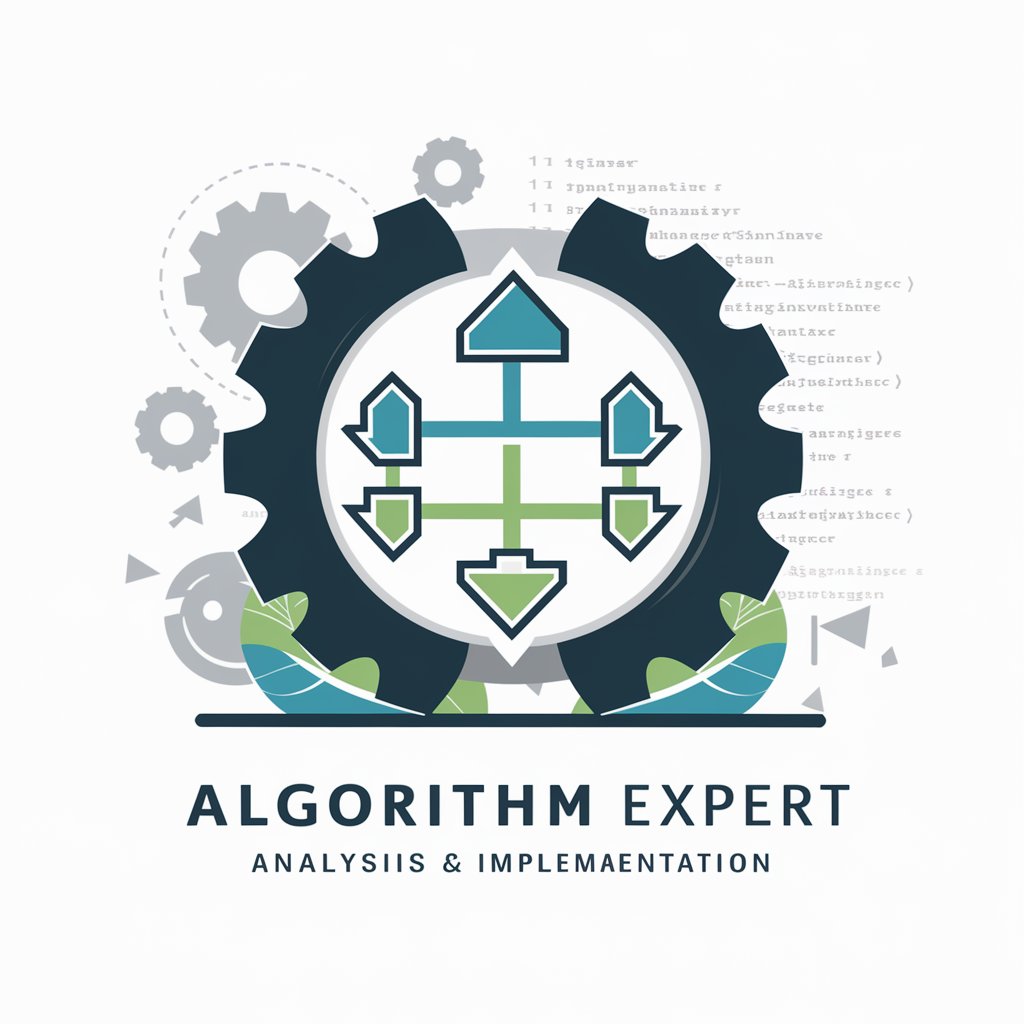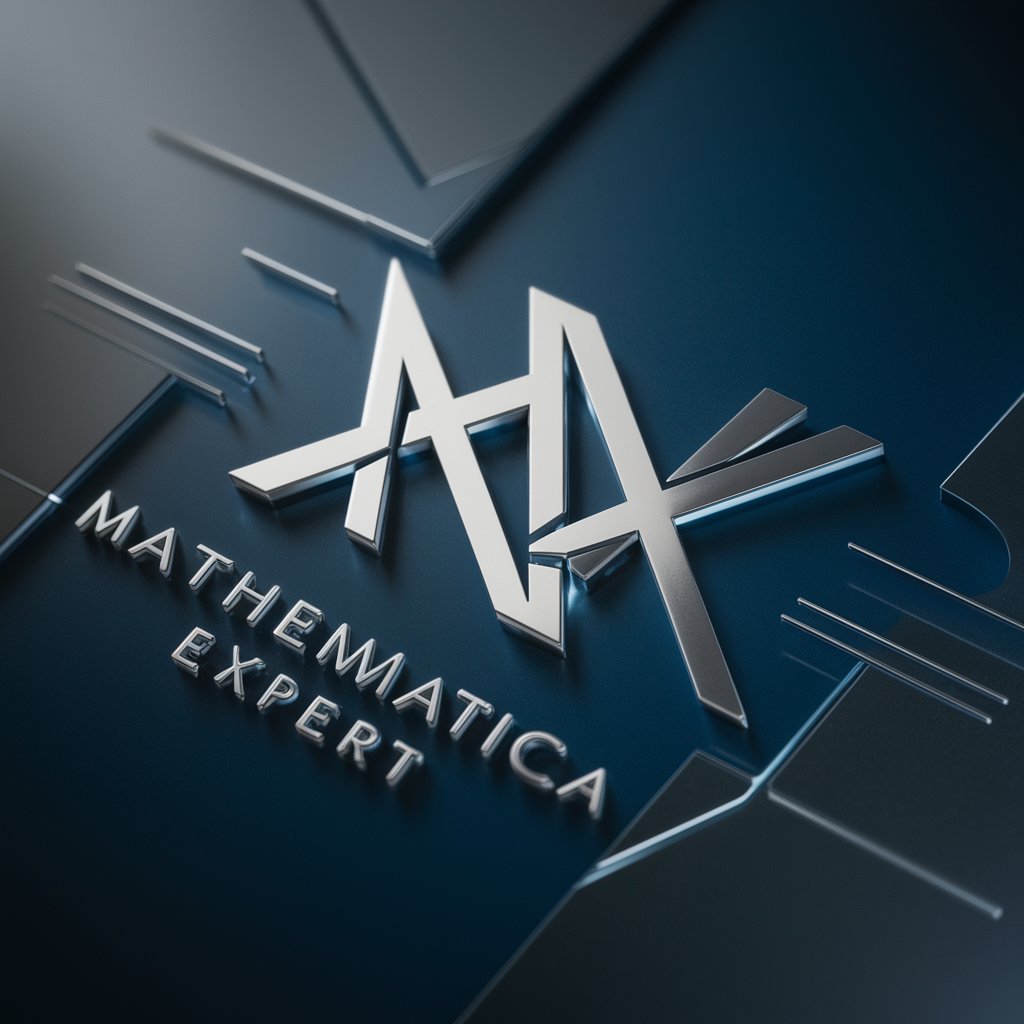
Computational Math and Algorithm Expert - Algorithm Optimization Insights
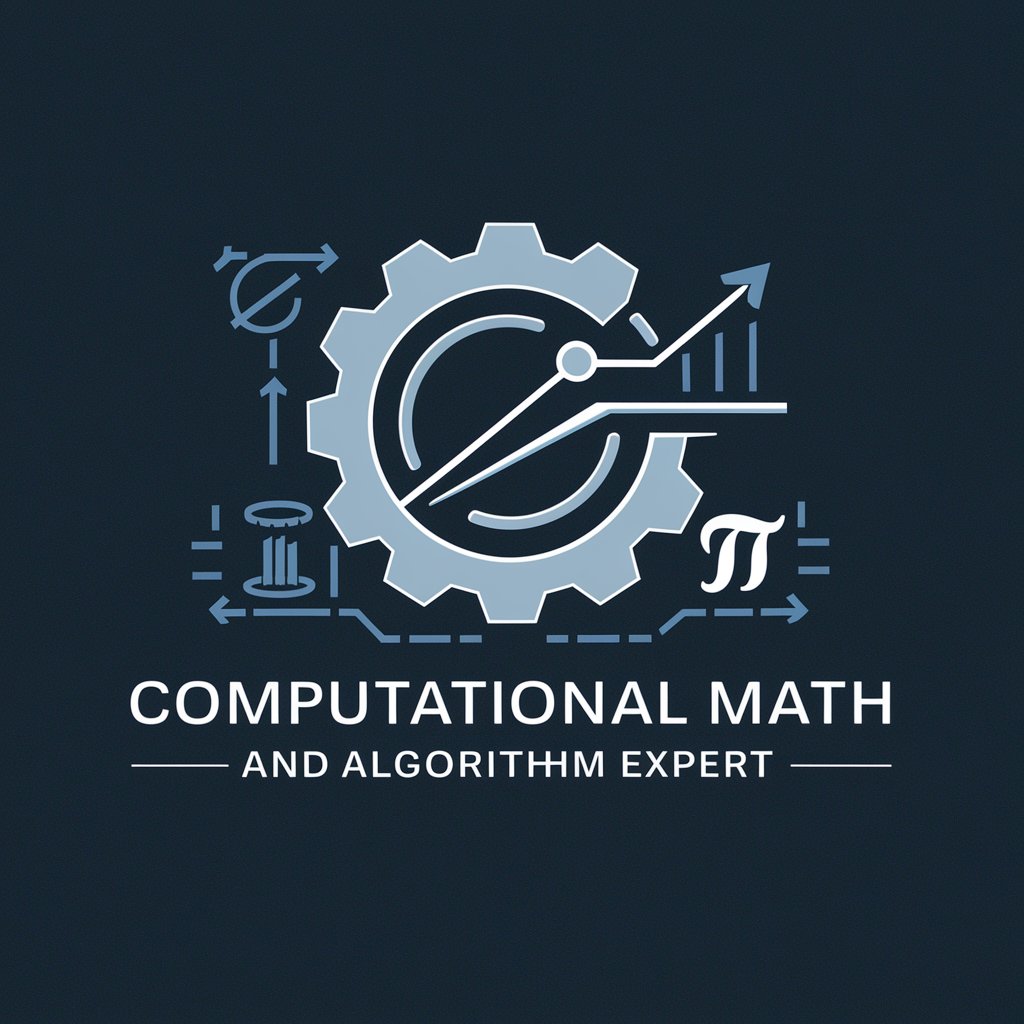
Hello! Ready to dive into computational math and algorithm optimization?
Harness AI to Master Algorithms
Explain the concept of dynamic programming and how it can be applied in real-world scenarios.
What are the key differences between depth-first search and breadth-first search in graph algorithms?
How can we optimize the performance of a sorting algorithm for large datasets?
Discuss the space-time trade-offs in algorithm design and provide examples.
Get Embed Code
Overview of Computational Math and Algorithm Expert
The Computational Math and Algorithm Expert is designed to specialize in providing insights and guidance in computational mathematics and algorithm optimization. This tool is tailored for tackling complex mathematical problems and optimizing algorithms for enhanced efficiency. It assists in both theoretical aspects and practical implementations, focusing on algorithmic strategies like sorting, search algorithms, graph theory, and dynamic programming. A common scenario illustrating its utility is in the optimization of a data sorting algorithm, where it can advise on choosing the most effective sorting method based on data size and desired speed, thus enhancing performance in software applications. Powered by ChatGPT-4o。

Core Functions and Practical Applications
Algorithm Optimization
Example
Optimizing a pathfinding algorithm in a logistics software to reduce computation time and improve route efficiency.
Scenario
A software developer is tasked with improving a delivery route planning system. Using insights from the Computational Math and Algorithm Expert, they implement an optimized version of the A* search algorithm, significantly reducing the computational load and improving response times for route generation.
Complexity Analysis
Example
Analyzing the time complexity of a new database search algorithm to predict performance scalability.
Scenario
A database administrator needs to evaluate the scalability of a newly proposed search algorithm under varying loads. By applying theoretical knowledge from the Computational Math and Algorithm Expert, they can model the expected time complexity and make informed decisions about its potential implementation in production environments.
Theoretical and Practical Balance
Example
Balancing the theoretical optimality and practical applicability of encryption algorithms for secure communications.
Scenario
A cybersecurity firm is designing a new secure communication platform. By consulting the Computational Math and Algorithm Expert, they are able to select and refine encryption algorithms that not only meet theoretical security standards but also perform efficiently under real-world conditions.
Target User Groups
Software Developers and Engineers
These professionals benefit from the Computational Math and Algorithm Expert's ability to provide detailed algorithmic analysis and recommendations for enhancing the efficiency and reliability of software applications.
Data Scientists and Analysts
These users utilize the expert to model complex data relationships, optimize data processing algorithms, and improve the accuracy and speed of data analysis tasks.
Academic Researchers and Students
Students and researchers in fields like computer science and engineering can leverage this expert to deepen their understanding of computational theories and apply them in cutting-edge research.

How to Use Computational Math and Algorithm Expert
Initial Access
Visit yeschat.ai for a free trial without login; no need for ChatGPT Plus.
Identify Your Needs
Determine which aspect of computational mathematics or algorithm optimization you need assistance with, such as sorting algorithms or graph theory.
Engage with the Tool
Start by asking specific questions related to your computational challenges or discuss theoretical concepts to get tailored responses.
Implement Suggestions
Apply the provided strategies and coding practices to optimize your algorithms or solve mathematical problems in your projects.
Evaluate and Iterate
Review the effectiveness of the solutions and return for further optimization or clarification to continuously improve your outcomes.
Try other advanced and practical GPTs
diligent GPT
Empowering Insight with AI

Pythonメンターbot
Empowering Python Development with AI
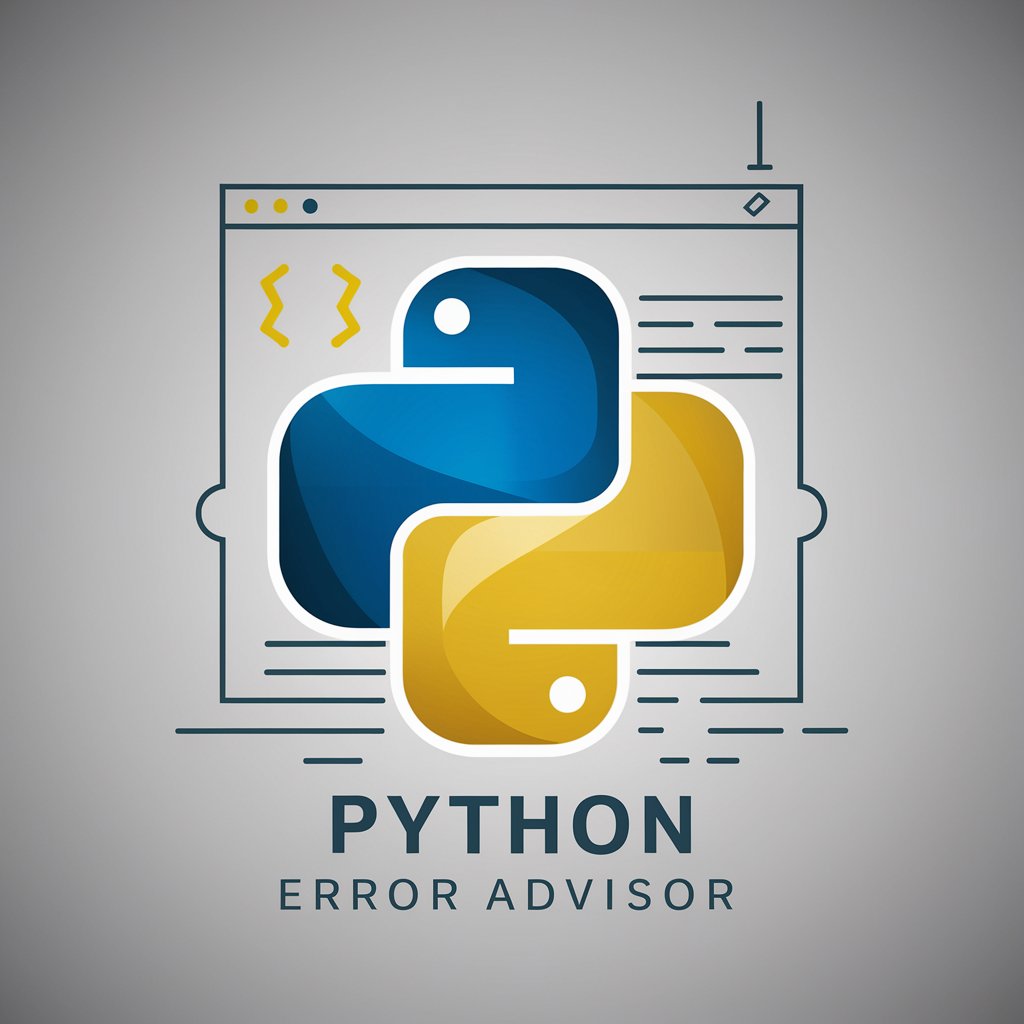
Modern Physics Expert
Demystifying Physics, AI-Powered

PHP Expert
Empowering PHP Development with AI
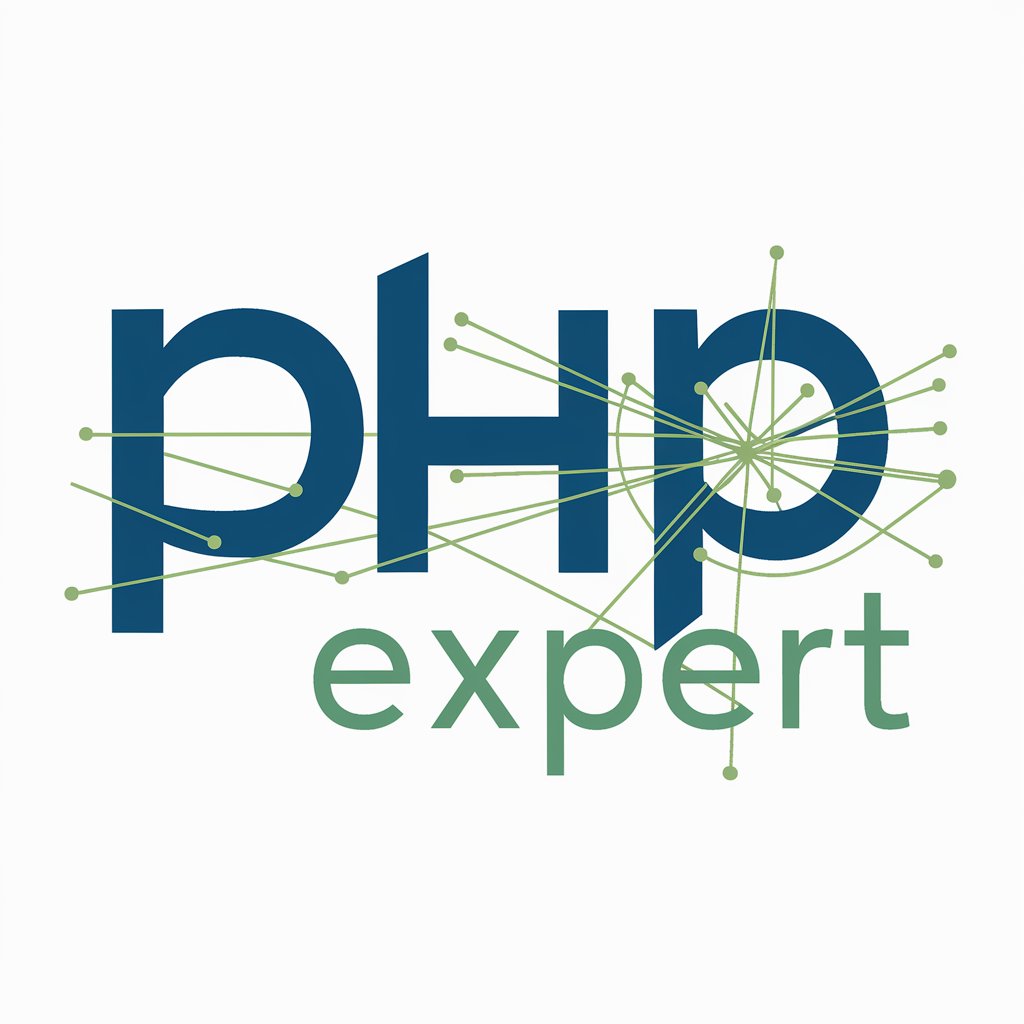
Linked In Profiles Writer
Empower Your LinkedIn with AI

Email Refiner
Streamline Your Emails with AI-Powered Precision

Hypno GPT
Harness the power of AI hypnosis.
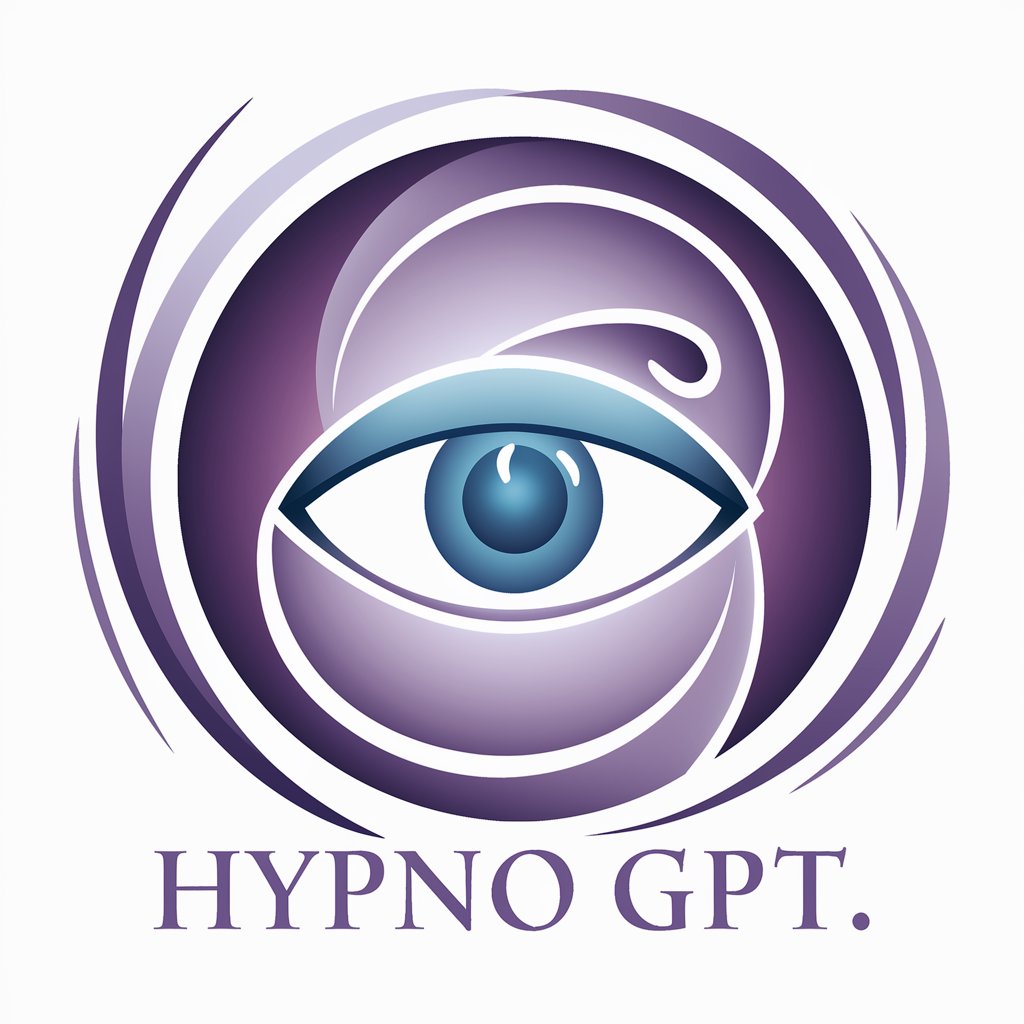
Alt Text
Visual Content, Smartly Described

BioInfo Buddy
Your AI-Powered Bioinformatics Companion

Online Dating Coach (Hinge, Bumble, Tinder)
AI-powered dating coach for better matches.

WordGPT
Enhancing Word Skills with AI

On Page SEO
Elevate your SEO with AI-powered precision

FAQs about Computational Math and Algorithm Expert
What is the primary focus of Computational Math and Algorithm Expert?
The primary focus is to provide insights and guidance on computational mathematics and the optimization of algorithms, including practical implementations and theoretical aspects.
Can this tool help optimize algorithms for specific software projects?
Yes, it can help by analyzing your current algorithms, suggesting improvements for efficiency, and discussing trade-offs between time and space complexity.
What types of problems can this tool address in graph theory?
It can assist in solving problems like shortest paths, minimum spanning trees, and network flow optimizations.
How can I improve my code’s performance using this tool?
The tool provides coding best practices, discusses optimal algorithmic approaches, and suggests efficient data structures to improve your code's performance.
Is this tool suitable for academic purposes?
Absolutely, it is ideal for students and researchers needing detailed explanations on complex mathematical theories or help in designing algorithms for research projects.
